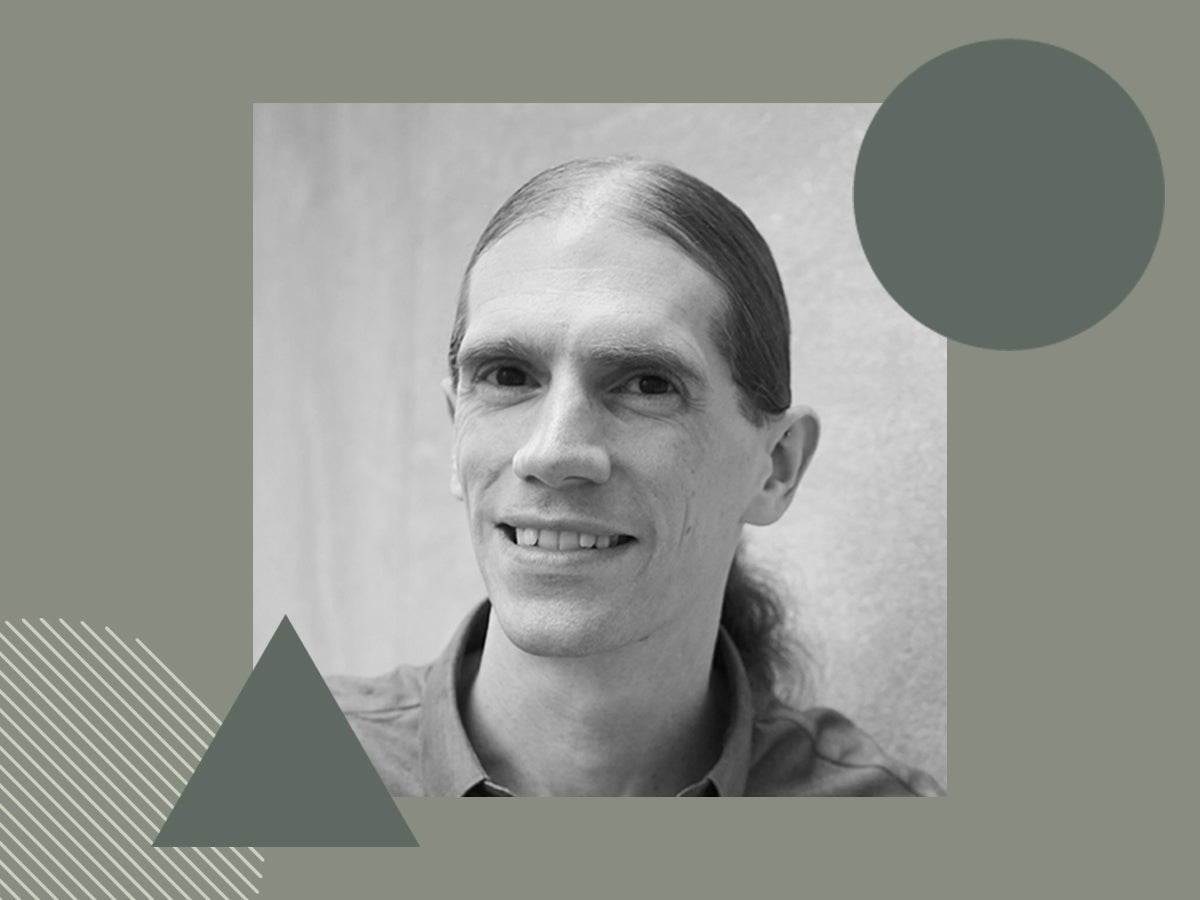Related Topics
Wildfire risk requires proactive strategies, says U.S. commission
Amid more frequent, intense, destructive, and deadly wildfires in the U.S., a federally appointed commission recommends developing more proactive strategies that make communities and landscapes more resilient and adaptable to the threat.
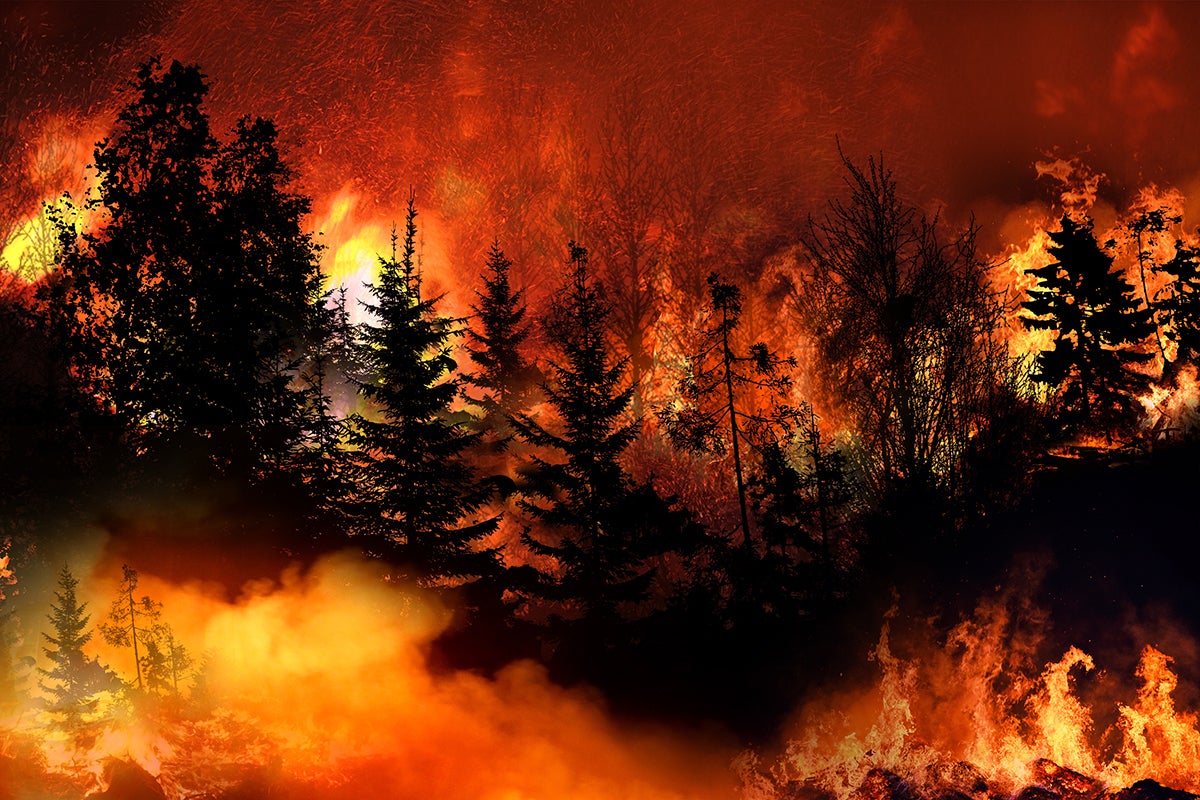
Microplastics may disproportionately harm vulnerable communities
Harvard Chan School research scientist Mary Johnson says that vulnerable communities are particularly impacted by microplastics.

Exploring rising cancer rates in younger people
Cancer rates are increasing in people below the age of 50, a trend that could be driven by obesity and other factors, according to experts.

New methodology reveals health, climate impacts of reducing buildings’ energy use
Increasing energy efficiency in buildings can save money—and it can also decrease the carbon emissions and air pollution that lead to climate change and health harms. But the climate and health benefits of reducing buildings’ energy consumption are…

Wildfire survivors may face long-term cognitive and emotional challenges
Survivors of wildfires are vulnerable to cognitive deficits and post-traumatic stress symptoms, not just in the disaster’s immediate aftermath but also in the long-term, according to experts.
Preserving biodiversity for planetary, human health
Liz Willetts, visiting scholar and planetary health policy director in Harvard Chan School's Department of Environmental Health, explains the importance of nations aligning their biodiversity policies to optimize outcomes for both biodiversity and health.
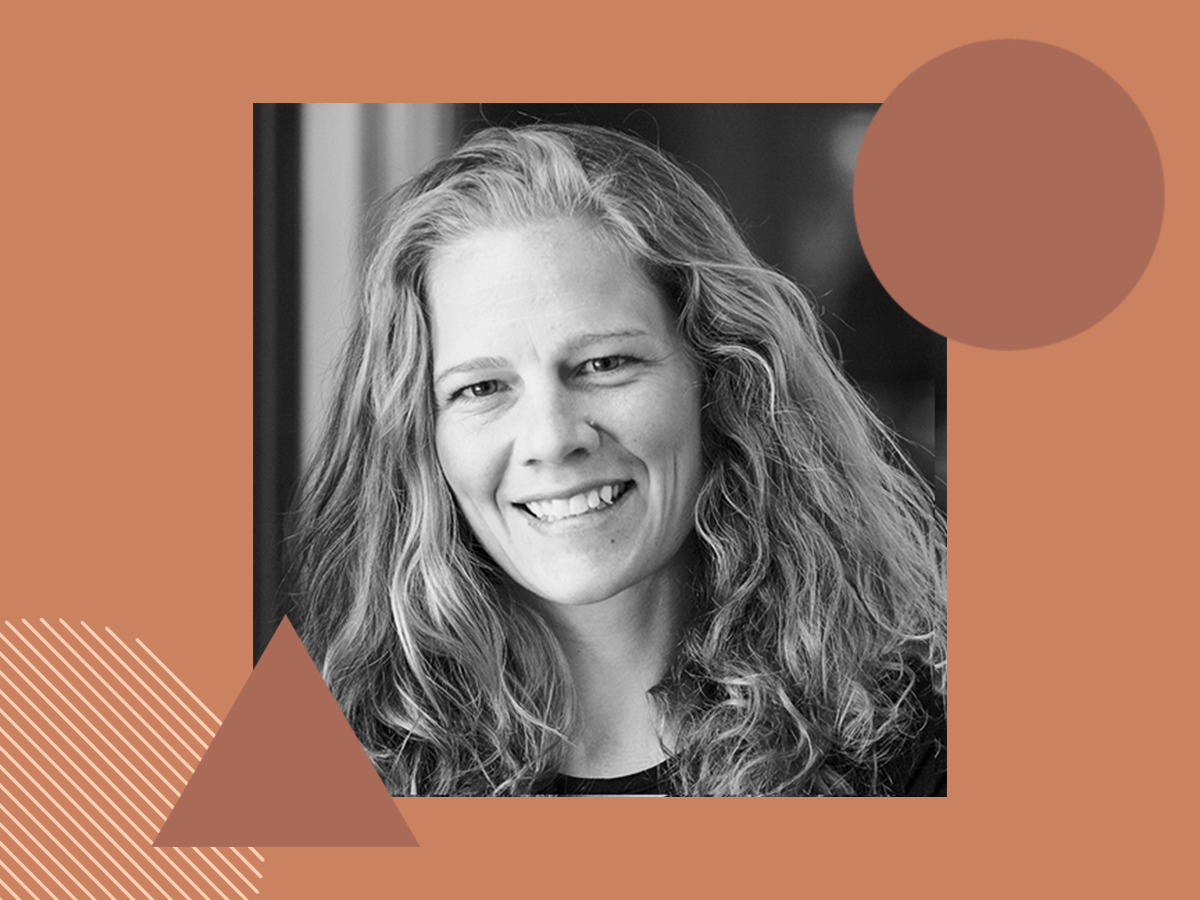
Outdoor air pollution may increase non-lung cancer risk in older adults
Chronic exposure to fine particulate air pollutants and nitrogen dioxide may increase non-lung cancer risk in older adults, according to a study led by Harvard Chan School. In a cohort study of millions of Medicare beneficiaries, the researchers…
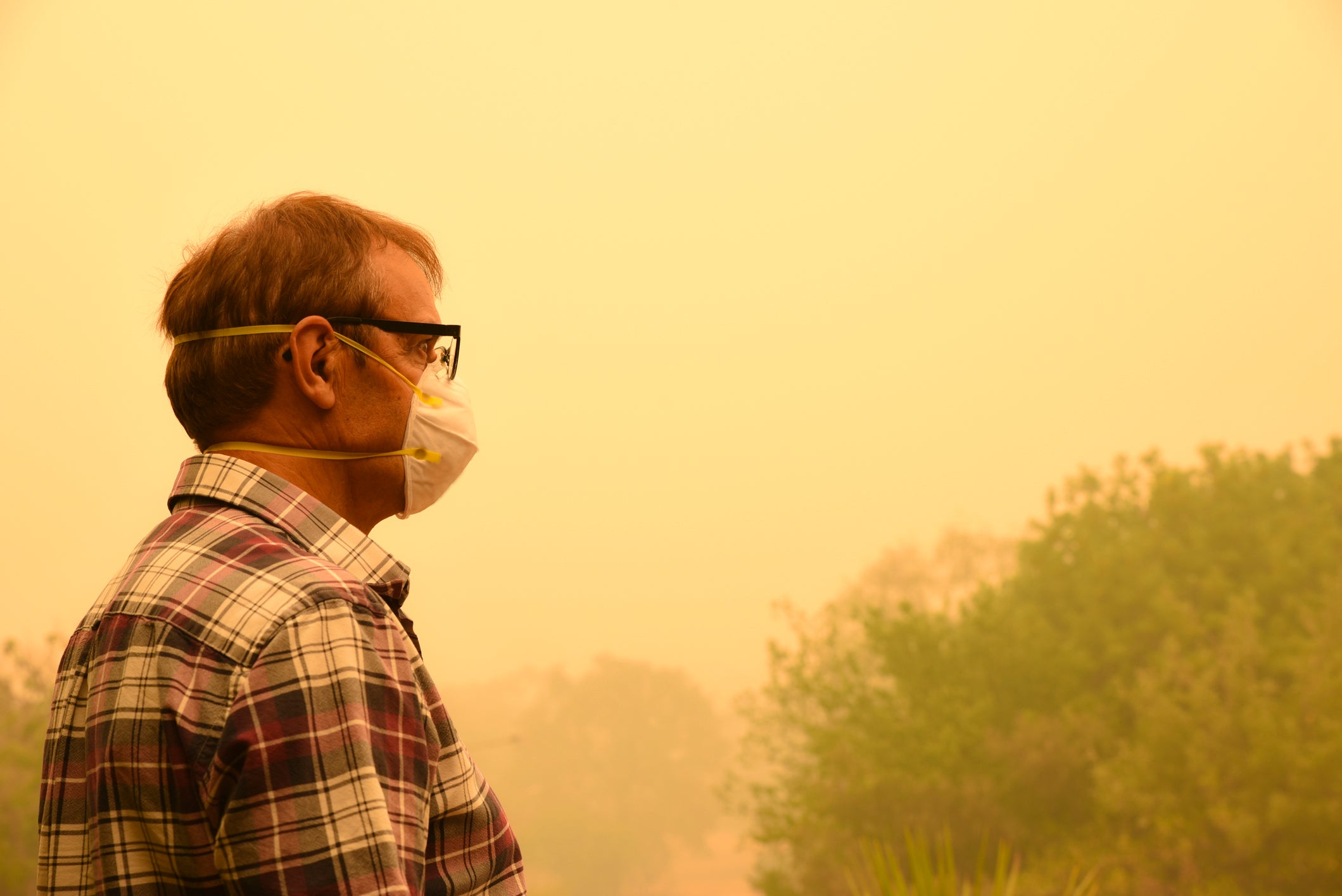
Opinion: How to mitigate climate change’s impact on allergies
Seasonal allergies and asthma are getting worse amid extreme heat caused by climate change, according to several experts from Harvard Chan School’s Department of Environmental Health.
FACETS program steers undergrads toward public health careers
The Fostering Advancement & Careers through Enrichment Training in Science (FACETS) summer program at Harvard Chan School offers rising junior and senior undergraduate students from underrepresented groups around the country a mix of interdisciplinary coursework, hands-on research, and…
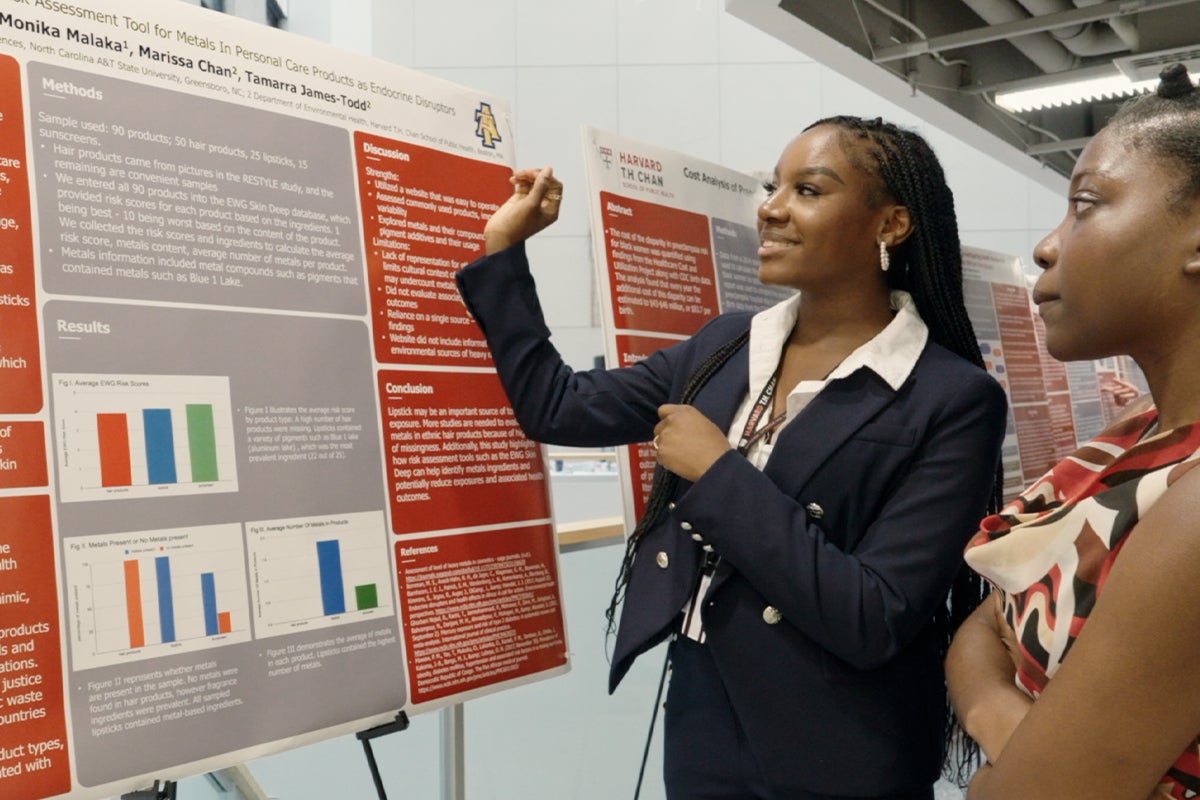
Gut microbiome of pets reveals insights for human health
Curtis Huttenhower studies the role that the microbiome plays in health and disease, most often focusing on the human gut—but recently his research has expanded into pets, including dogs and cats.
